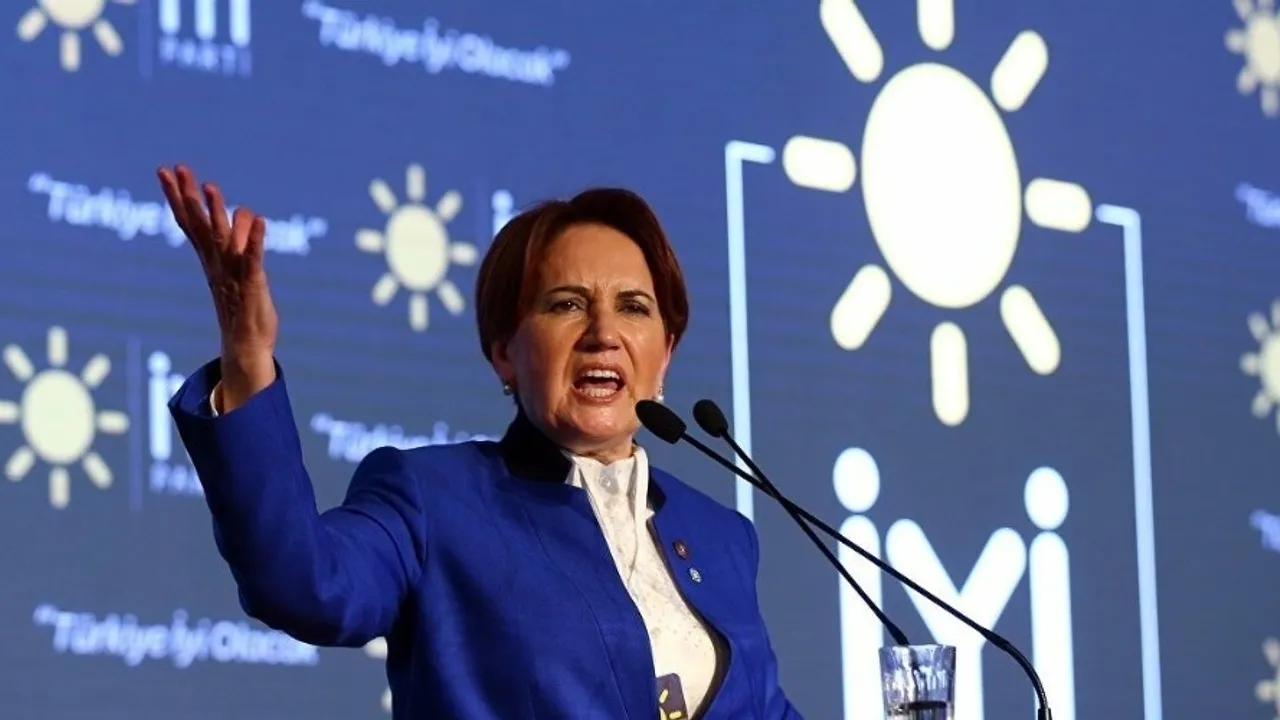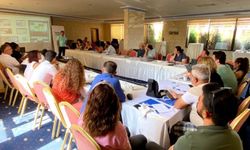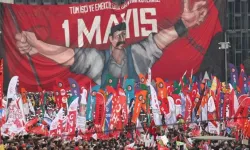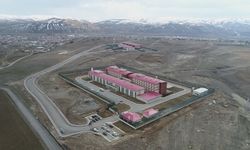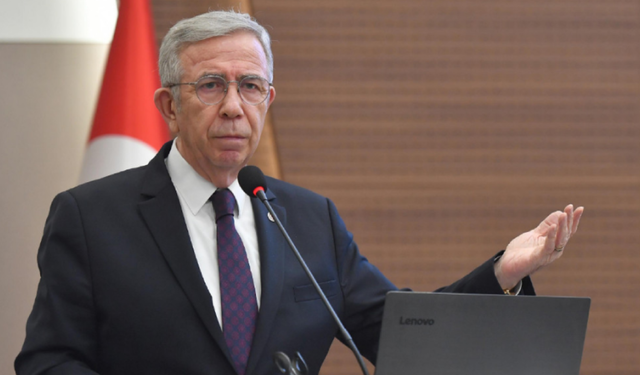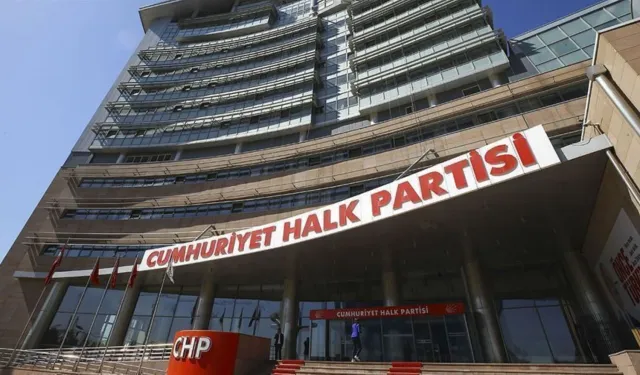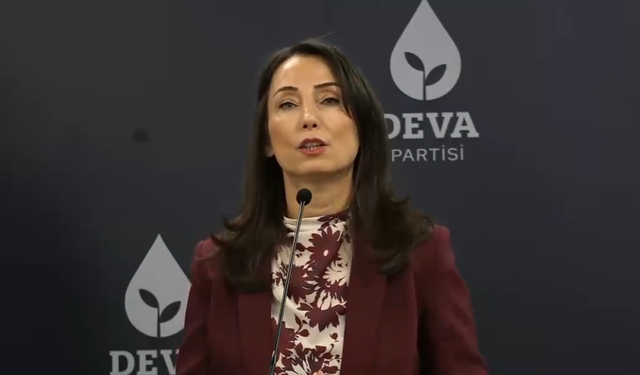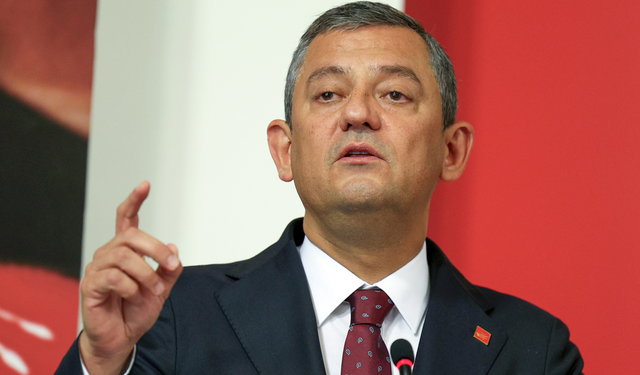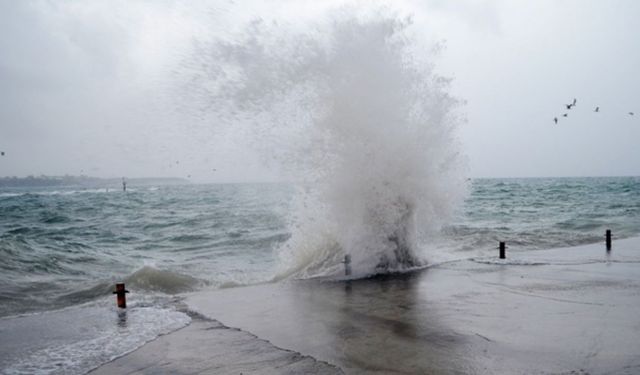Dikran Damar
A new party called IYI Party emerged in Turkey on October 25th, 2017, when certain members of the Nationalist Movement Party (MHP), coalition partner of the current government, ended their ties with MHP and created a new right-wing party. However, the fact that IYI Party was led by a woman, Meral Akşener, surely became a new experience for the right-wing voters in Turkey when one considers the male-dominated atmosphere of both general politics and specially the right-wing politics in Turkey.
GETTING TO KNOW MERAL AKŞENER
Akşener’s path to the right-wing politics of Turkey was partially possible through her brother’s own affiliation with MHP, which introduced her to right-wing politics. However, Akşener made her true debut to politics with the Right Path Party (DYP) when she raced to win and lost the local elections in Kocaeli in 1994. A year later from her defeat at local elections, Akşener was elected as a member of parliament in 1995. After the Susurluk scandal, Mehmet Ağar resigned as the Minister of Interior and Akşener made it into the cabinet of Tansu Çiller as the succeeding Minister of Interior. Akşener left DYP in 2001 and continued her political career with MHP in 2004. In 2016, Akşener was discharged from MHP, and she continued her political career as the founder of IYI Party (Onuş 2018).
INCITING ETHNIC HATRED
In 1997, Akşener claimed that Abdullah Öcalan, the leader of the militant organization called Kurdistan Workers’ Party (PKK), was an ‘Armenian offspring’ during a speech in the Turkish Parliament (Güngör 2014). Later, on December 23rd, 2015, Akşener admitted her false remarks towards Armenians to be “a flaw that required an apology” during an interview on CNN Türk’s “Tarafsız Bölge” [Neutral Zone] program (CNN TÜRK 2016, 1:52:50).
Akşener’s false claim on the ethnic origin of Öcalan was not a coincidental occurrence, given the rise of ethno-nationalist sentiment in Turkey at the time due to the terror attacks of PKK. As a result, with this hateful rhetoric, Akşener chose not to provide solutions to societal conflicts, but rather to further consolidate hatred towards the Armenian community of Turkey and therefore, putting all Armenians living in Turkey under a potential threat from right-wing extremists by targeting the Armenian community in Turkey with her false claims at the time.
AN INCONSISTENT PARTY PROGRAM
When inspected in detail, it can be seen that the party program of IYI Party reveals an unsuccessful attempt of a new wave right-wing party trying to synthesize right wing values with liberal demands and creating an ideological oxymoron structure in itself in the process.
This inconsistent textual conflict primarily unravels itself in the “Education” section, where the 3rd and 4th articles on the party program state that children will be brought up with “national values” and that “the foundational republican values will be established, starting with education” (IYI Party n.d., 8) respectively. However, on page nine we see the party program encouraging a youth that is “free, critical thinking”, putting the educational system “out of every political debate and interference” and encouraging the “creation and adaptation of a human centered educational philosophy” (IYI Party n.d., 9).
The foundational mechanism that creates the ‘ideologically oxymoron structure’ is the ambiguity in terms of a definitive coherent ideological stance or statement, which allows party leaders to manipulate contemporary demands towards an old-fashioned right-wing social design. The above-mentioned case becomes a primary example of this explanation, in which the ‘Education’ section of the party program starts with fundamental right-wing propositions and then tries to establish loose connections with individualist demands through conflicting articles in the party program as shown in the ideological opposition of 3rd and 4th articles against 6th, 8th and 12th articles. The conflicting connection here is the fact that the establishment of the republican values in education, which is an ideological stance in itself, is the first and foremost challenge for the 8th article in terms of cleansing the educational system “out of every political debate” as stated in the party program.
Therefore, by establishing these self-challenging principles, IYI Party does not in fact try to remedy new liberal demands, but rather to give an outlook that is seemingly carrying such demands to the party program. However, all those demands are left on a tokenistic level as the oxymoron structures dismantle coherent ideological statements which would normally resolve these articles in a definite unison of content rather than conflicting articles as stated above.
A similar inconsistency and failure of unison between the liberal demands and the right-wing ideology can be seen in the ‘Youth’ section of the party program, in which IYI Party designates its own understanding of the Turkish youth.
The 2nd article of the ‘Youth’ section embodies this ideological inconsistency simultaneously in a single line that envisions the Turkish youth to be “loyal to Atatürk’s principles, free thinking, self-deciding, critical” and the last article in the section is making sure that “all measures are taken by our party for them [the Turkish Youth] to spend the abundant times of juvenescence in the most right and effective way” (IYI Party n.d., 23).
The ideological inconsistency embodied in the 2nd article lies within the oxymoron structure of loosely connected terminologies that expects the Turkish youth to be ideologically “loyal to Atatürk’s Principles” while envisioning the same youth to be “free thinking” and “critical” which would be impossible to conduct under such dependency to ideological principles as stated in the 2nd article, as well as in the last article of the ‘Youth’ section that authorizes the party itself to mandate its will on the question of utilizing the abundant time that would be left for the Turkish youth itself to decide if IYI Party was committed in its vision of a “self-deciding” youth.
Conclusively, the party aims to portray an outlook that seemingly empathizes with the young voters but in fact the program is in an effort of concealing and making right-wing doctrines more acceptable under ideologically oxymoron statements.
DEMOGRAPHIC CONCERNS AT THE CENTER OF DOMESTIC POLICY
One of the core values of the party and a main principle that differentiates IYI Party from MHP and other right-wing parties is their clear stance on anti-immigrant policies and demographic concerns. Concerns of IYI Party regarding ethnic the demographic composition in Turkey becomes evident in IYI Party Istanbul Deputy Ümit Özdağ’s inquiries on various occasions. For example, Özdağ inquired in the Grand National Assembly of Turkey that “there are 4 million Syrians in Turkey and we do not know how many of them are in the payment list of the Syrian intelligence service” (Grand National Assembly of Turkey 2018).
Also, during a speech in 2018, Özdağ stated that Syrian immigrants in Turkey were a threat against ‘the demographic unity’ of the country, adding that “Syrians constitute enormous threats in short, mid and long term that could change the national, cultural, politic and geopolitical structure of Turkey. Syrian immigrants populate in a pace that would change the cultural and ethnic fabric of Turkey” (Grand National Assembly of Turkey 2018) and stated that the immigrant crisis was a designed process during a speech in 2019:
“Dear deputies, in a report prepared by Pentagon in 1997, updated in 2007 and presented to the Turkish Armed Forces in 2014 states that: ‘Due to climate change, the icebergs are melting, new trade routes are opening, the climate change is affecting the security of United States. Eastern Mediterranean, from the south of Italy, from Iran to Afghanistan including Turkey will be droughted; 46 countries will be under threat, great migrations from south to north will take place …’ In summary, things we are facing today are envisioned, designed processes.” (Grand National Assembly of Turkey 2019).
Finally, during a parliamentary address this year Ümit Özdağ has stated that “A change in demographics is happening against Turkey through strategic migration architecture” and claimed that “the demographic structure of Turkish cities will change by 2040 and will turn into provinces dominated by Arabs rather than Turkish cities.” (Grand National Assembly of Turkey 2020).
POSSIBLE UNIFICATION WITH THE RULING ALLIANCE?
It is not a new phenomenon for IYI Party Chair Meral Akşener to be involved in a political structure that the current President Erdoğan is also a part of. Before her political career in MHP, Akşener was temporarily involved with a new political movement lead by Recep Tayyip Erdoğan, Abdullah Gül and Abdullatif Şener, which would later be called the Justice and Development Party (AKP). Erdoğan, Gül and Şener departed from Erbakan’s conservative Islamist Fazilet Party, in order to create a new Islamist movement in their own new understanding that differed from the traditional Islamist movements in Turkey. However, Akşener refused to stay in this new movement since she stated to it to be a disappointment and she joined MHP afterwards (BBC News Türkçe 2017).
On May 10th, 2020, IYI Party Chair Akşener made a call to President Erdoğan, Republican People’s Party (CHP) Chair Kemal Kılıçdaroğlu, MHP Chair Devlet Bahçeli, Felicity Party (Saadet Partisi) Chair Temel Karamollaoğlu, Future Party (Gelecek Partisi) Chair Ahmet Davutoğlu and DEVA Party Chair Ali Babacan, in order to form the ‘Motherland Board’ (Memleket Masası) to discuss the current problems of Turkey.
On the other hand, IYI Party Chair Meral Akşener made a clear objection towards MHP Chair Devlet Bahçeli’s ‘calls to return home’ and stated that it was impossible for IYI Party to join the ruling alliance under the current Presidential regime. However, would it really be impossible for the alliance to pull the IYI Party to the People Alliance of AKP and MHP?
Hardest topic of negotiation would be Meral Akşener’s demands of return to the parliamentary system, in a hypothetical attempt of coalition negotiations. Since, the current Presidential regime is a must for the ruling coalition to easily consolidate legislative and political power. Also, ruling AKP’s pro-immigrant policies are a principal difference between the coalition and IYI Party. Meanwhile, it would be safe to say that currently there are no fundamental ideological differences between AKP, MHP and IYI Party, which provides a healthy ground for a possible extended coalition, especially when we consider most IYI Party deputies are ex-MHP deputies and how all the three parties have negative stances on HDP while the opposition alliance partner CHP differentiates itself from IYI Party with its approach to HDP.
Conclusively, it would require AKP and MHP as the ruling coalition to give up the current Presidential regime or at least soften it towards a more parliamentary system and take major steps towards transferring the migrant population in Turkey back to Syria, in order to initiate the conditions which would be negotiable or even convincing for IYI Party to include itself in the ruling coalition.
References
BBC News Türkçe. “İYİ Parti hakkında bilinmesi gerekenler” [Things to know about IYI Party]. BBC News Türkçe [BBC News Turkish], October 25, 2017. https://www.bbc.com/turkce/haberler-turkiye-41750673#backtotop.
CNN TÜRK. “Tarafsız Bölge - 23 Aralık 2015” [Neutral Zone – 23 December 2015]. YouTube video, 2:26:03. January 4, 2016. https://www.youtube.com/watch?v=6QHaByDV7ys.
IYI Party. n.d. “IYI Parti Programı” [IYI Party Program]. Accessed August 20, 2020. https://iyiparti.org.tr/Assets/Upload/iyi-parti-guncel-parti-program.pdf.
Grand National Assembly of Turkey. “2019 Yılı Merkezi Yönetim Bütçe Kanunu Teklifi ile 2017 Yılı Merkezi Yönetim Kesin Hesap Kanunu Tasarısının 1'inci Tur görüşmeleri münasebetiyle” [On the Occasion of the 1st Tour Meeting for the Central Administration Budget Act Proposal for the Year of 2019 and the Central Administration Audit Law Bill for the Year of 2017]. December 11, 2018. https://www5.tbmm.gov.tr//develop/owa/genel_kurul.cl_getir?pEid=74040.
Grand National Assembly of Turkey. “İYİ PARTİ Grubu önerisi münasebetiyle” [On the Occasion of the Proposal of the IYI Party Group]. November 29, 2018. https://www5.tbmm.gov.tr//develop/owa/genel_kurul.cl_getir?pEid=73505.
Grand National Assembly of Turkey. “İYİ PARTİ Grubu önerisi münasebetiyle” [On the Occasion of the Proposal of the IYI Party Group]. October 15, 2019. https://www5.tbmm.gov.tr//develop/owa/genel_kurul.cl_getir?pEid=80730.
Grand National Assembly of Turkey. “İYİ PARTİ Grubu önerisi münasebetiyle” [On the Occasion of the Proposal of the IYI Party Group]. February 20, 2020. https://www5.tbmm.gov.tr//develop/owa/genel_kurul.cl_getir?pEid=85809.
Güngör, Tuba. “Nefret suçu işledi, seçim yasağını deldi” [Committed a hate crime, violated the election ban]. Evrensel, August 7, 2014. https://www.evrensel.net/haber/89534/nefret-sucu-isledi-secim-yasagini-deldi.
Onuş, Sinan. 2018. “Meral Akşener: 28 Şubat'ta orduyu eleştirdiği için tehdit edilen 'Asena'” [Meral Akşener: The ‘Asena’ Who Was Threatened in February 28 for Criticizing the Army]. BBC Turkish, May 28, 2018. https://www.bbc.com/turkce/haberler-turkiye-44055886.
